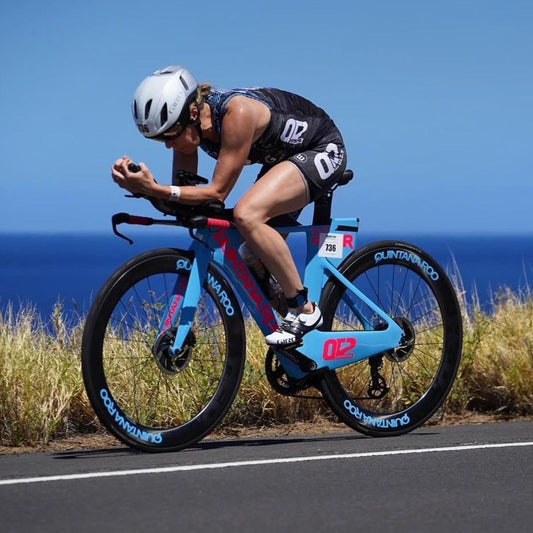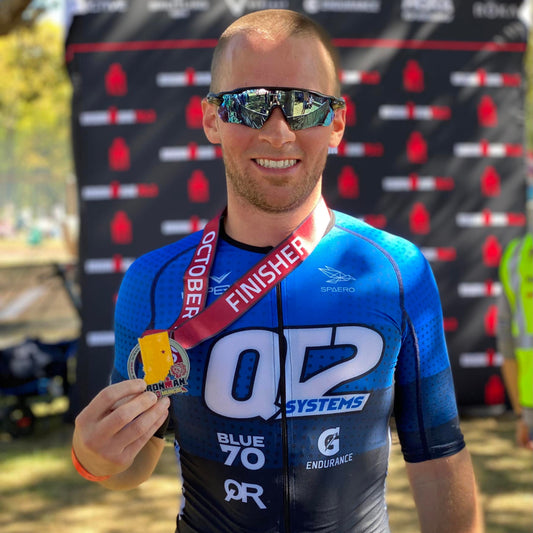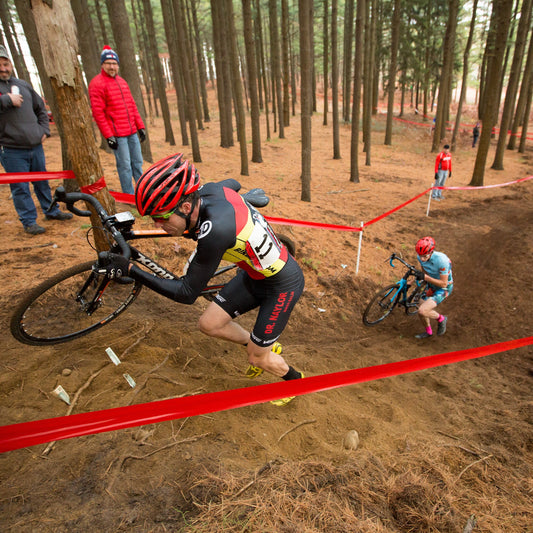Control the Chaos – Thriving When Things Go Wrong
You’ve trained relentlessly. You’ve followed the plan. You’ve visualized the perfect execution. But what happens when things don’t go as expected?
Maybe your power numbers are off, your legs feel dead, the weather shifts, or a competitor surges unexpectedly. Driven athletes like you thrive on control and preparation—but endurance sports don’t always give you that luxury.
The best competitors aren’t the ones who never experience setbacks; they’re the ones who adapt and execute anyway.
The Reality of Unpredictability in Endurance Sports
Top athletes expect adversity, not just as a possibility, but as a guarantee. They don’t crumble when it happens—they shift gears, adjust, and keep moving forward.
Consider these common challenges you might face:
🔹 Physical setbacks: Unexpected fatigue, mechanical issues, GI distress.
🔹 Mental barriers: Anxiety, negative self-talk, loss of focus.
🔹 Environmental factors: Heat, wind, rain, unexpected course changes.
🔹 Competitive pressure: A rival surges, you fall behind pace, or the race unfolds differently than planned.
If you mentally rehearse how to handle adversity, you won’t be blindsided when it happens.
Reframing the Challenge: A Navy SEAL Mentality
Elite performers—from Olympians to Navy SEALs—train with stress inoculation:
- They practice staying calm under pressure.
- They learn to shift from reaction mode to problem-solving mode.
- They develop emotional control—because panic wastes energy.
Ask yourself this:
🔹 If something goes wrong on race day, will I react emotionally, or will I make a logical decision and move forward?
How to Stay Mentally Strong When Plans Collapse
Step 1: Recognize the Emotional Response Quickly
🚫 I can’t believe this is happening!
✅ Okay, this is happening. What’s my next best move?
The first thought is wasted energy. The second shifts you into action mode.
Step 2: Use the “Next Best Decision” Framework
Instead of dwelling on what’s wrong, shift to:
“What’s the smartest next step I can take right now?”
Examples:
- Legs feel dead early? Focus on form and controlled breathing until they come around.
- Competitor surges? Stick to your race plan. If it’s too early to go, trust your pacing.
- Mechanical issue? Fix it, reset mentally, and get back into the race as efficiently as possible.
- Weather is brutal? Adapt—hydration, effort adjustments, and mental focus become even more critical.
The goal is to keep making smart decisions instead of emotional ones.









